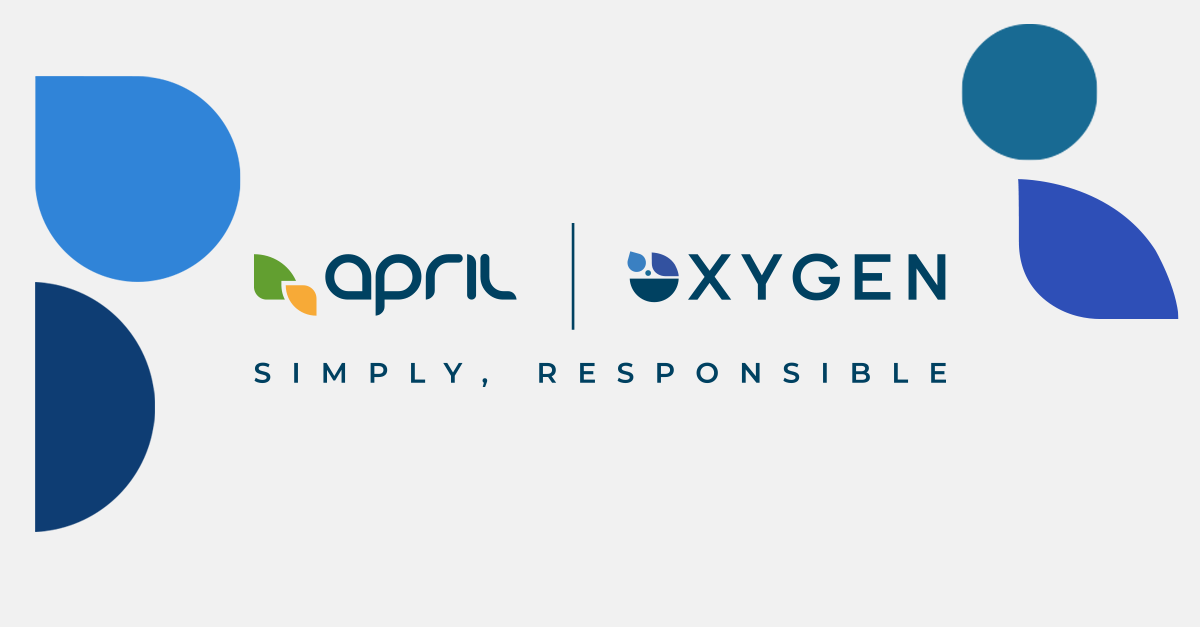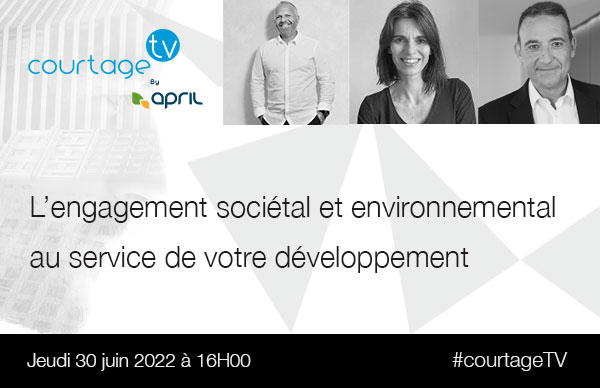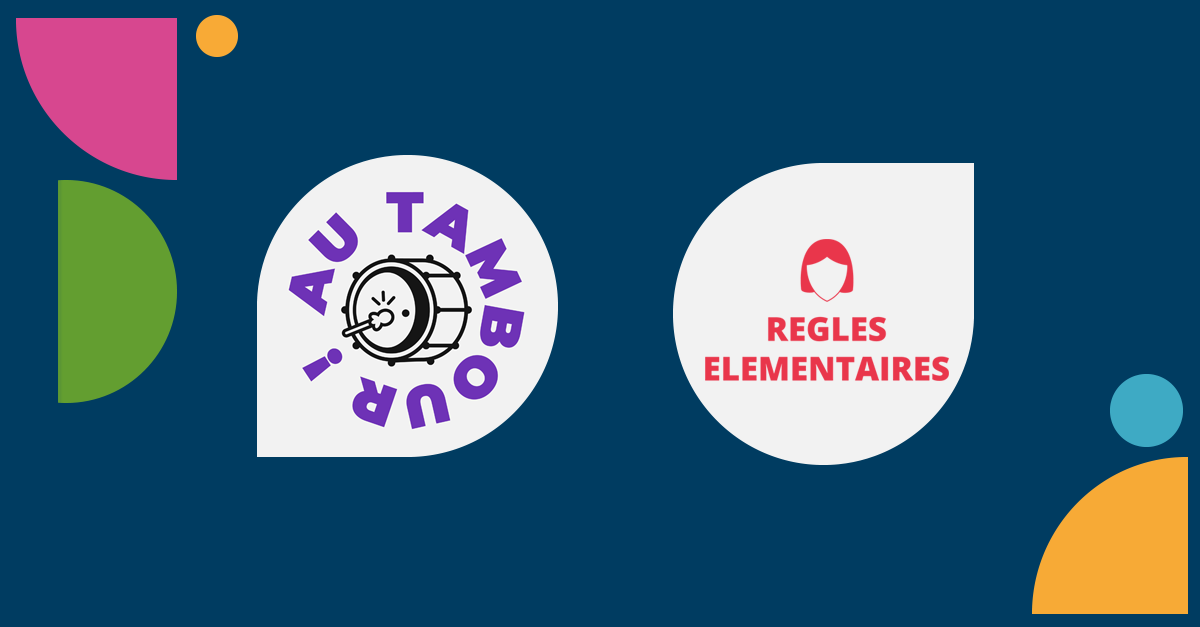
4 OUT OF 10 YOUNG PEOPLE SAY THEY HAVE AT LEAST ONE HEALTH PROBLEM: THE APRIL FOUNDATION HIGHLIGHTS THE NEED FOR MORE EFFECTIVE PREVENTIVE ACTION.
In its study “Young people and their health”, the APRIL Foundation looks at the physical and mental well-being of 18 to 25 year-olds. Carried out among a sample of 2,000 young French people, supplemented by qualitative interviews and a digital ethnography conducted on the TikTok social network, this wide-ranging survey sheds light on the practices of 18-25 year-olds in terms of prevention and care, as well as the issues and injunctions they face. The study has two clear objectives: to provide a broad, complete and quantified overview of the health of 18-25 year-olds; and to identify the health issues, the priority groups and the most appropriate ways of supporting them.
“This study highlights a major priority for our healthcare system: prevention for all. At a time when we know that more than a third of 18-25 year-olds had to forego a medical consultation in 2023, mainly due to a lack of financial means or time, it is essential to rethink the prevention policy, so that everyone can become autonomous in taking charge of their physical and mental health”, explains Céline Falco, President of the APRIL Foundation and doctor at SOS Médecins.
18-25 YEAR OLDS: A VULNERABLE GROUP, PREY TO CERTAIN ADDICTIONS
From the outset, mental health appears to be an alarming subject, and one figure is a cause for concern: 39% of 18-25 year-olds surveyed said they had thought about suicide at least once. Another 58% say they often feel stressed or anxious. These figures are echoed on social networks, where a growing number of accounts are devoted to mental health issues. These online forums highlight the need for people in psychological distress to have a sympathetic ear, but also raise the question of the role of the therapist when a community of strangers takes the place of a professional.
Addictions are also highlighted by the study. More than three quarters of the young people questioned said they had at least one addictive behaviour in their daily lives. For example, 58% of respondents say they cannot do without their social networks on a daily basis (64% among women), 34% video games (50% among men), and 16% smoking (21% among people from lower socio-professional groups). 24% of those questioned also said they regularly used drugs (cannabis and opiate-based painkillers, several times a month or a week). These high-risk behaviours are compounded by periods of schooling or entry into working life associated with stress and anxiety, as well as a lack of time and financial resources to look after themselves, eat properly, enjoy leisure activities and be financially independent. These situations are also reflected on social networks, with a certain tension between immediate gratification and long-term well-being, which has no answer, as both facets are valued online by the platform’s users.
THE UNDENIABLE IMPACT OF SOCIO-ECONOMIC INEQUALITIES
The vulnerability of these young people, who are heavily impacted by economic, social and territorial inequalities in access to healthcare, is clear. According to the study, 40% of those surveyed had to forego a medical consultation last year, 29% because of lack of time, 23% because of lack of money and 23% because of long waiting times for an appointment. Among young women, this lack of access to healthcare leads to a lack of gynaecological check-ups: 39% of them have never consulted a specialist, or did so more than 2 years ago. Social inequalities play a decisive role in young people’s understanding of their health and how they can take action to feel good. Those who are most attentive to their health are generally those who have benefited from the transmission of a fairly healthy lifestyle in their childhood, via their family environment. They are more likely to listen to their physical and mental senses and naturally adjust their behaviour or seek help from a health professional. Conversely, young people who adopt a distant attitude to their health often report less constructive family dialogue. They are less likely to find answers or support for the problems they encounter, unless they turn to social networks.
INSTITUTIONAL PREVENTION SCHEMES THAT LACK IMPACT, UNLIKE THE ADVICE GIVEN ON SOCIAL NETWORKS
The unhappiness of 18-25 year-olds does not seem to be addressed by the services available to them. For example, the “prevention appointments” offered by the Ministry of Health are not known to almost half of those questioned. This lack of information was particularly felt by young people “not in education, training or employment” (NEET), 36% of whom felt ill-informed about health (compared with an average of 24% of 18-25 year-olds). Conversely, on TikTok, the number of health influencers is increasing, with varied profiles and not always with medical or professional legitimacy, but rather with testimonial value. The data extracted from the ethnography shows that young people are seizing on these “health” subjects and have no hesitation in multiplying sources of knowledge, developing their understanding of physiological mechanisms, combating certain preconceived ideas, debunking false information, etc. Mental health, the appearance of health (acne, weight control, etc.), addictions, sleeping better, calming anxiety, etc. are all topics covered on social networks with a pragmatic approach and a strong sense of self-discipline, focusing on quick solutions that can be put in place and aiming for independence from the healthcare system. Personal experience and the strength of personal accounts take precedence over traditional prevention mechanisms, sometimes at the risk of exposing young people to misinformation or putting them at risk through inappropriate advice.
A DETERIORATING RELATIONSHIP WITH HEALTH AND THE MEDICAL ENVIRONMENT
The study carried out by the APRIL Foundation, BVA Xsight and Uptowns, highlights some worrying trends both in this population’s relationship with the medical environment and in their perception of their own health. Indeed, 16% of 18-25 year-olds surveyed said they had no supplementary health insurance, compared with just 4% of French people overall. With 15% of respondents not having a regular doctor (only 11% of French people as a whole), there is still a lack of medical follow-up and integration into the healthcare system. This finding goes hand in hand with a decline in the importance of health in the concerns of young people. With the exception of the most committed, the people questioned relegate the subject to a lower priority than educational guidance, settling into adulthood and financial independence, personal fulfilment, and so on. This order of priorities also contributes to young people’s alienation from the healthcare system, and may seem surprising given young people’s enthusiasm for personal development, for example. However, when we dig deeper, we find that it is the perception of the notion of health that is at stake.
HEALTH, A HYBRID CONCEPT FOR THE YOUNGER GENERATION
While 85% of 18-25 year olds consider their health to be good, more than 4 out of 10 report at least one health problem (mental health problems, recurrent migraines, respiratory problems, etc.). More than half of them (55%) claim to take medication regularly, and 14% every day. On social networks, the contours of the notion of health can also appear blurred, with talk of achieving “the best version of yourself”, discipline, routine, performance culture, listening to yourself, using vocabulary that comes as much from the world of sport as from personal development. As a result of this truncated perception of health, this age group’s over-exposure to alternative medicine is clearly visible on TikTok. However much they consume content, 18-25 year-olds still feel powerless to have a positive influence on their state of health. Nearly a third of respondents don’t think they can do enough to influence their health.
on their health. This is mainly due to the fact that over a third of them see their health mainly in terms of care once they are already ill.
“Understanding the way 18-25 year-olds think about their health is no mean feat, as our study shows, partly because their definition of health is fluid. While the majority of young people surveyed claim to be in good health, many of them still say they suffer from certain physical or psychological problems, which shows the extent to which, despite being inundated with digital content relating to personal development and well-being, their knowledge of health still needs to be improved” says Sophie Ferreira Le Morvan, Managing Director of the APRIL Foundation.
Methodology
This study was carried out by BVA Xsight and Uptowns in different phases:
– Quantitative study conducted over the internet from 29 September to 9 October 2023. Data was collected from 2,000 French people aged 18 to 25. The representativeness of the sample was ensured by the quota method applied to the following variables: gender, age, profession of the interviewee, region and category of conurbation.
– Qualitative section on “health perceptions of 18-25 year olds” based on 20 one-hour individual semi-directive interviews conducted by videoconference or telephone. Target recruitment on the basis of a file of contacts from the quantitative section.
– Digital ethnography- Uptowns: “Young people and health”: a study carried out on the TikTok social network, covering almost 115 health hashtags identified in a corpus of several million videos.
To consult the studies, click here : Discover the results of the studies carried out with BVA Xsight and Uptowns on the health of young adults – Fondation APRIL (fondation-april.org)
ABOUT THE APRIL FOUNDATION
The APRIL Foundation was set up in 2008 on the basis of a strong belief that everyone can play a part in their own health, provided they have the tools and understanding to preserve their health capital. Its mission is to promote health that focuses on preventive behaviours as an alternative to “cure-all”. In 2023, it will strengthen and broaden its mission by examining the sustainable implementation of the transition from intention to action in terms of health. Because behaviour change is central to health prevention and promotion, the APRIL Foundation draws on behavioural sciences (neurosciences, positive psychology, cognitive sciences, anthropology, etc.). It supports research into behavioural sciences and health, and proposes and designs associated experimental systems. It provides support and expertise to innovative project leaders and disseminates knowledge and best practice.


